Humans and dogs metabolize foods differently. While a dog’s diet mostly consists of different kinds of dog foods, oftentimes something from your table finds it’s way into your fur baby’s belly. In many cases, this is not a problem. But some are dangerous food for dogs. I list these in the article followed by foods that CAN be consumed but in moderate quantities.
What Can't Dogs Eat: Dangerous Foods for Dogs
Be very careful your dog does not eat the following foods:
- Alcohol: Although this is not food, make sure your dog does not drink alcohol. It can cause diarrhea, vomiting, problems with coordination, breathing problems, and coma.
- Almonds: While not as dangerous as macadamia nuts, you also need to be careful with almonds. The salty version is even more harmful.
- Avocado: Avocado is very dangerous food for dogs because of the persin it contains. In addition, the pit of the avocado is dangerous for suffocation.
- Cat food: This is not a huge problem for dogs in the short term. However, if you feed your canine cat food for a long time, health problems can occur. This is because the nutritional composition of cat foods are completely different from what would be appropriate for dogs.
- Chocolate: Chocolate is extremely toxic to dogs. The stimulants in it cannot be processed by their body. Make sure your dog does not eat chocolate and cocoa foods.
- Cinnamon: Cinnamon irritates the mouths of dogs inside and is a dangerous food for dogs. In addition, it can lower their blood sugar levels, which is also unhealthy.
- Coffee and Caffeine: Like chocolate, these are stimulants that do not have a good effect on the body of dogs.
- Cooked bones: Boiled bones can break into small pieces and cause problems in the dogs’ digestive system.
- Corn with the cob: There is nothing wrong with corn. However, never give it to your dog with the cob because of the risk of suffocation.
- Dairy products: Dairy products are not a problem for all dogs. However, if your puppy is lactose sensitive, avoid these foods.
- Fat trimmings: These leftovers fall into the category of dangerous foods for dogs. They can cause pancreatitis.
- Garlic: Onions are very harmful to dogs. However, of all, garlic is the most toxic. It can cause anemia.
- Grapes: Although professionals do not know the exact cause, grapes and raisins are extremely toxic to dogs. It can cause liver failure and even death.
- Hops: Beer should not be given to dogs because of alcohol. In addition to all this, hops can also be extremely dangerous for them.
- Human medicines and supplements: Like cat food, it’s no coincidence that these were made for humans. Dogs have different needs and may be sensitive to certain human medicines (eg acetaminophen or ibuprofen).
- Macadamia nuts: This is one of the most toxic oil seeds for dogs. Even a few pieces can cause serious problems.
- Marijuana: Dogs respond much worse to this drug than humans. Examples of side effects include: slow response times, dribbling urine, heart rate change, neurological stimulation, hyperactivity, coma, and even death.
- Onion, Chives, And Leeks: Like garlic, these are also dangerous for dogs.
- Peppers: Spice variants (eg black pepper) should never be given to your dog. This is because dogs tolerate these less than humans.
- Peach, Persimmon And Plum: The seeds of these fruits contain cyanide. In addition, they can cause problems in the small intestine of dogs.
- Raw meat and fish: If you get them from a safe and reliable source, there will be no problem. However, raw meat and fish are at risk for various bacterial infections and parasites.
- Tomato And Rhubarb Leaves: They contain large amounts of oxalates, which are toxic to dogs. They can cause drooling, vomiting, diarrhea, lethargy, weakness, tremors, and bloody urine. Try to avoid these dangerous food for dogs.
- Salt: Dogs are less tolerant of salt than humans. Dog foods have the right amount of salt. If you give human food to your puppy, make sure it is not salted.
- Sugar: Too much sugar can cause dental issues, obesity and even diabetes.
- Xylitol: Xylitol is extremely poisoning for dogs. You should avoid it from your dog’s diet, because it can cause blood sugar, seizures, liver failure, and even death.
-
Yeast: Yeast can cause digestive problems in dogs and can form alcohol due to fermentation.
Foods That Your Dog Can Have In Moderation
The following foods can be eaten by the dogs, but pay attention to the quantity:
- Cashews And Peanuts: These and other oilseeds (except forbidden) can be consumed. However, they can cause obesity in large quantities.
- Coconut: This fruit is safe and has beneficial effects. However, don’t give your dog the furry outside of the shell.
- Ham: Due to its salt content, your dog should only eat this meat in moderation.
-
Liver: The liver is a very useful source of nutrients. However, large amounts of vitamin A can cause an overdose in dogs.
Food Dogs Can Eat: Safe Human Foods for Dogs
Feel free to give the following foods to your dog.
- Lean meat: After removing the fatty parts, you can feel free to give meat to your dog. However, pay attention to possible sensitivities (eg chicken).
- Eggs: Not raw, but you can give your dog an egg when it’s cooked.
- Fruits and vegetables: With the exception of the forbidden ones mentioned above, you can feel free to give fruit and vegetables to your dog.
- White rice and quinoa: They are healthy and especially good for dogs with stomach problems.
Clearing Misconceptions: Foods Dogs Can and Can't Eat
There are some misconceptions about whether certain human foods can be given to dogs. Let’s explore a couple of these!
- Apple Cores And Seeds: Common information is that they contain cyanide. This is true anyway. However, in such small quantities that your dog would have to eat 85 grams of apple seeds for the symptoms of poisoning. That’s a lot of apples that a dog certainly won’t eat.
- Pork: Contrary to popular belief, pork does not cause problems in dogs. It is less fatty than beef and dogs are less sensitive to it than, for example, to chicken.
- Grains: Obviously, if your dogs are sensitive to grains, it’s not a good idea to give them. However, if this is not the case, there is nothing stopping you from including these foods in their diet.
In review, humans and dogs metabolize food differently. Because of this, it is important to pay attention to what and how much of your own food you give your dog. The smartest decision is to consult your veterinarian. This way you can prevent possible bad decisions.

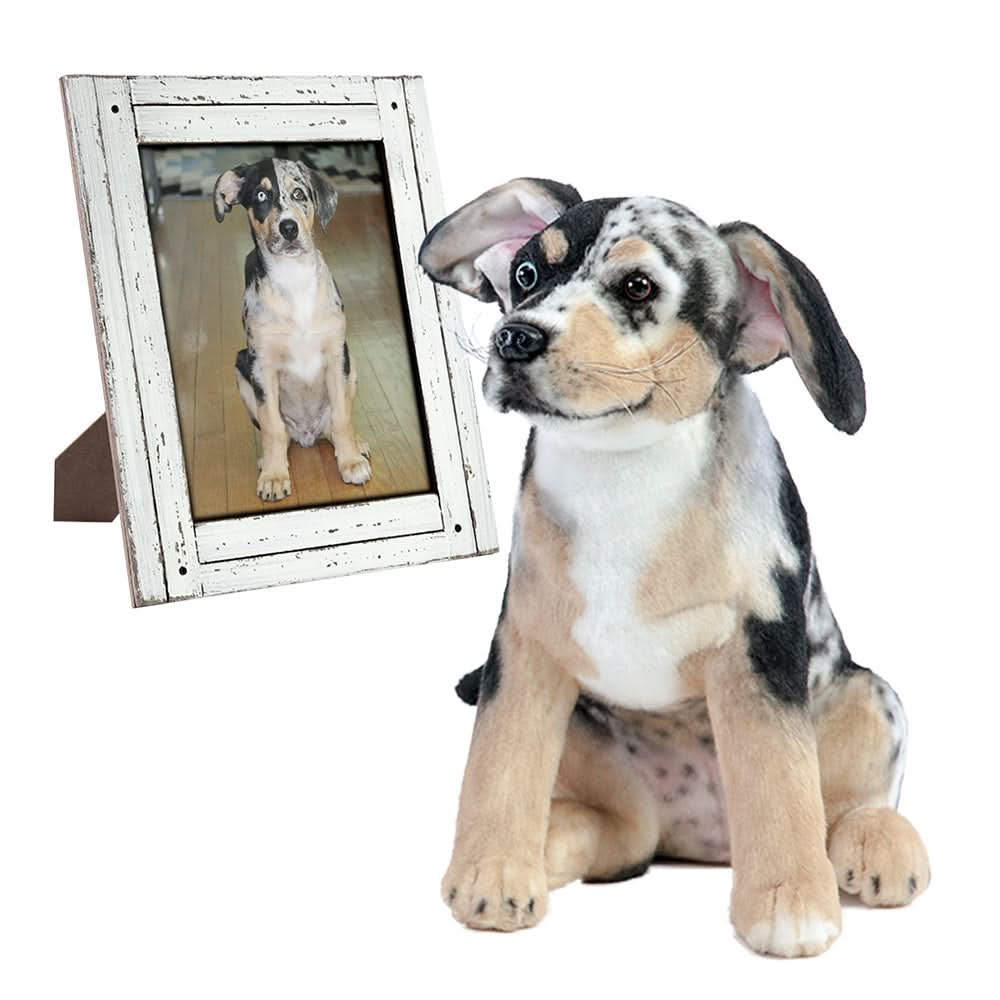
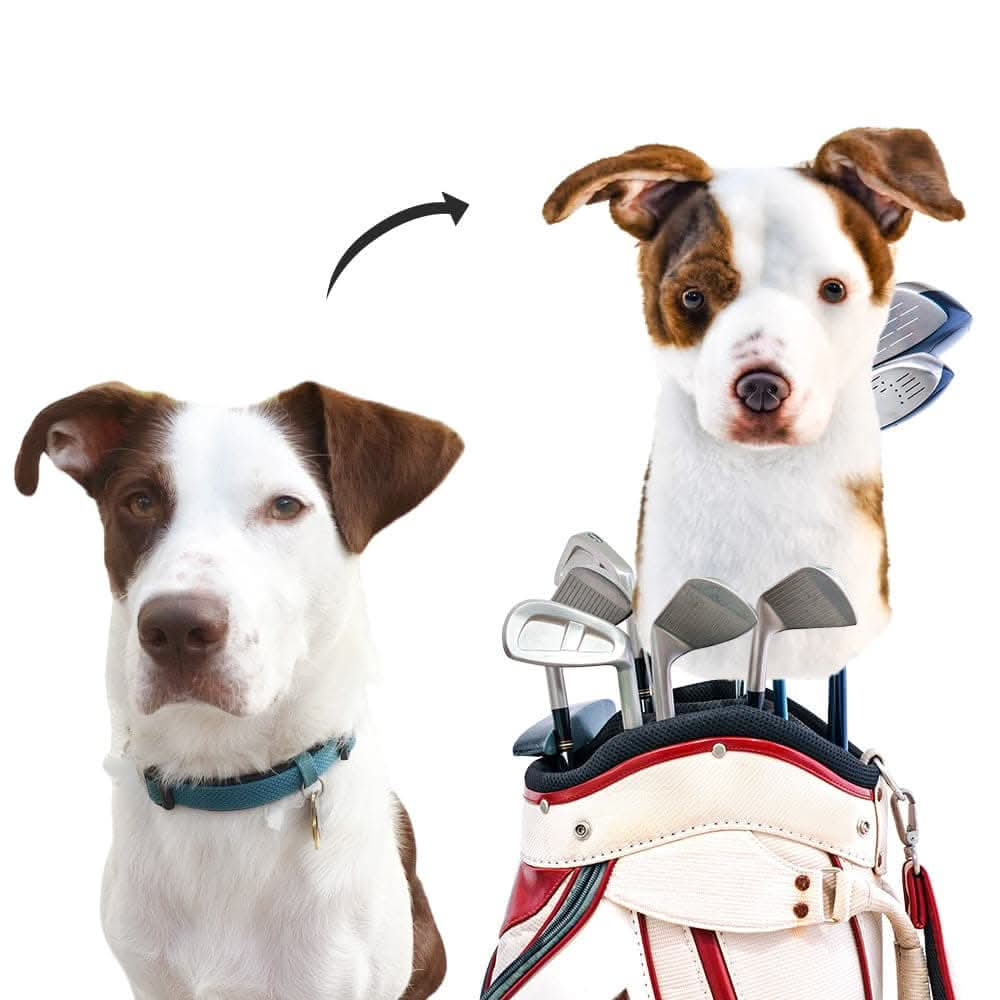
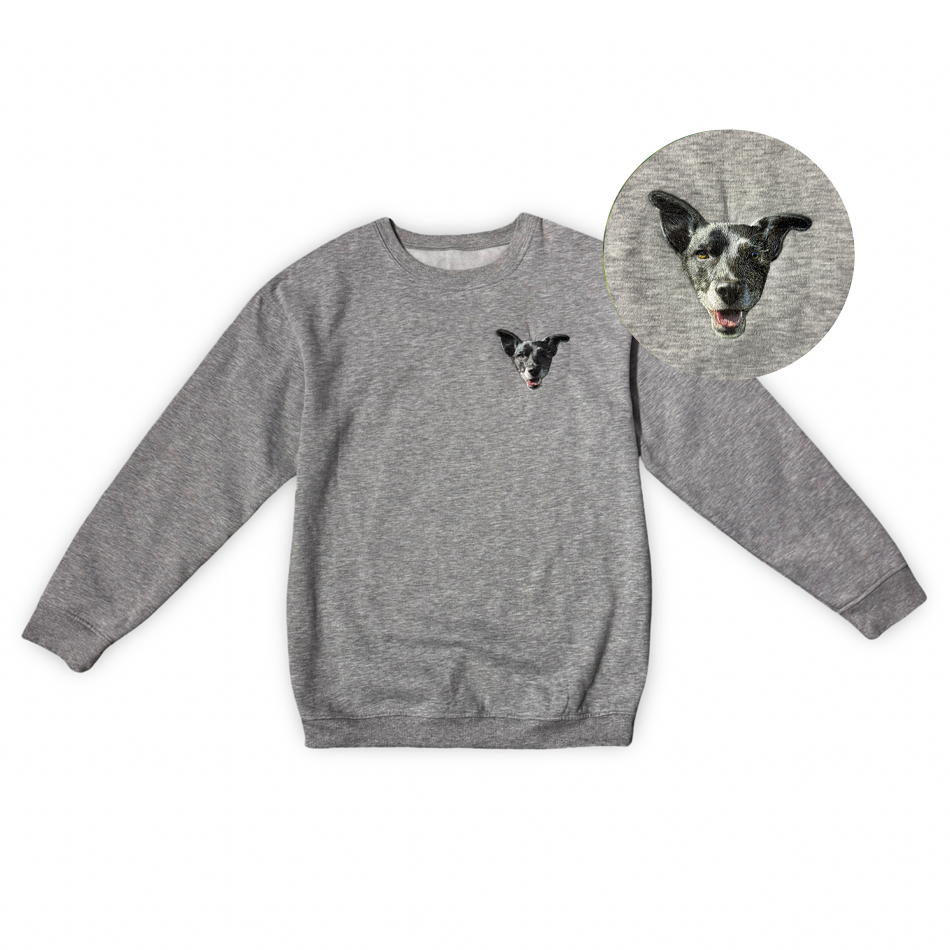
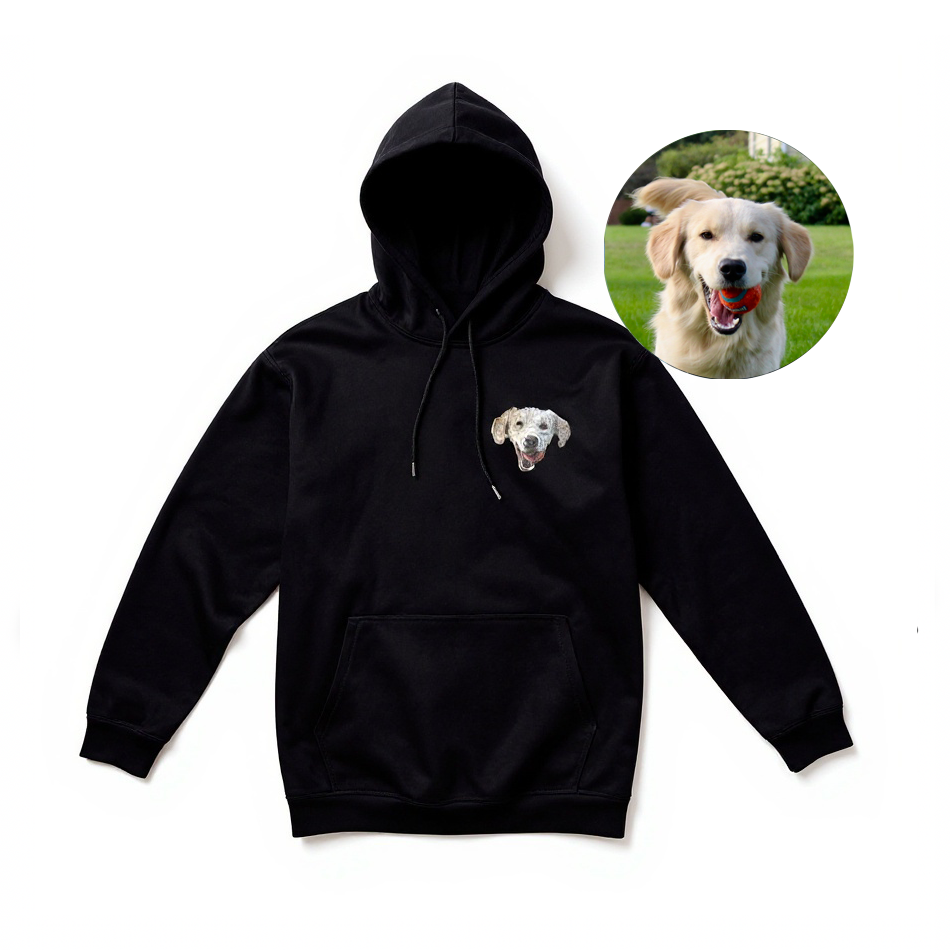
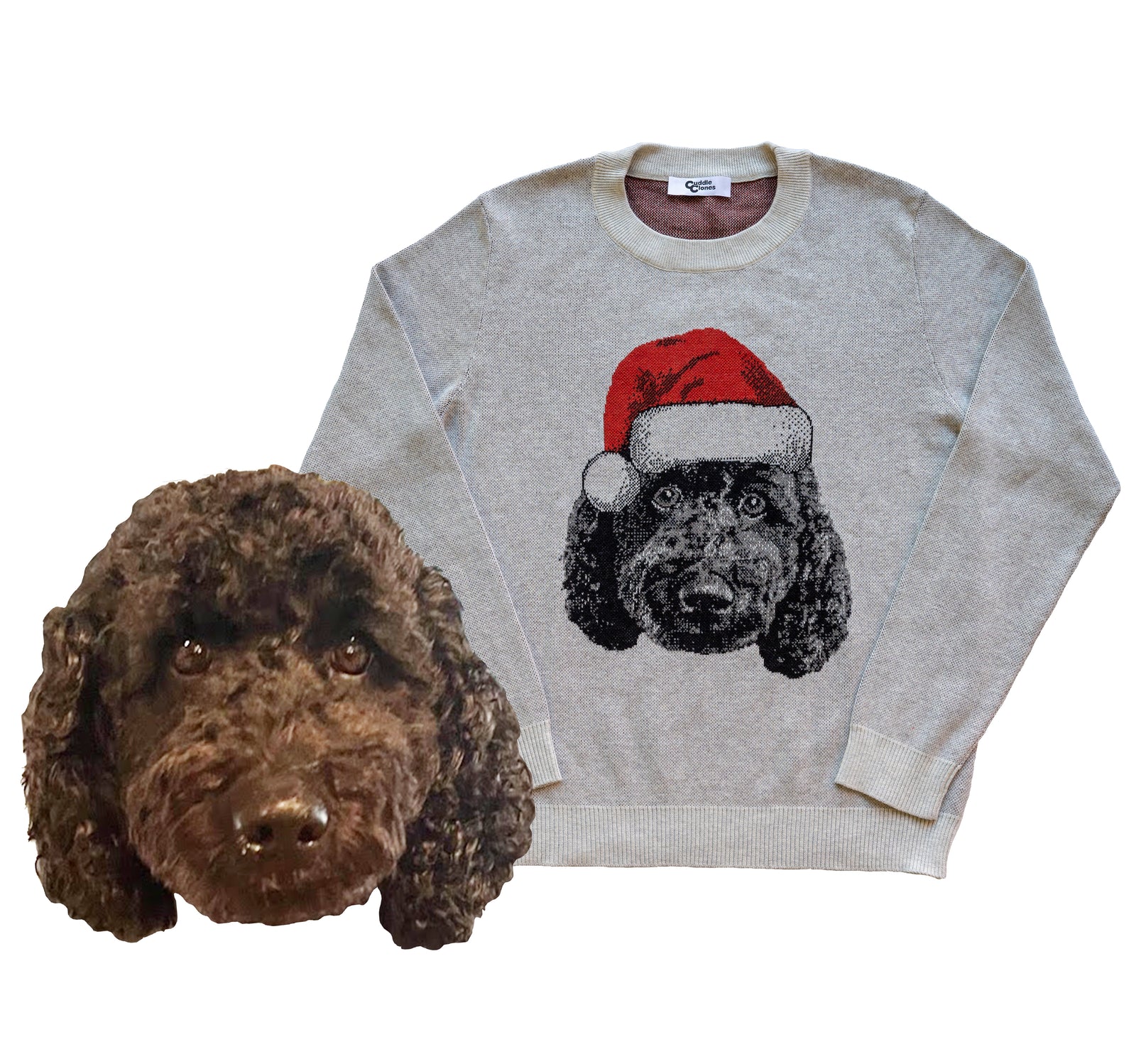

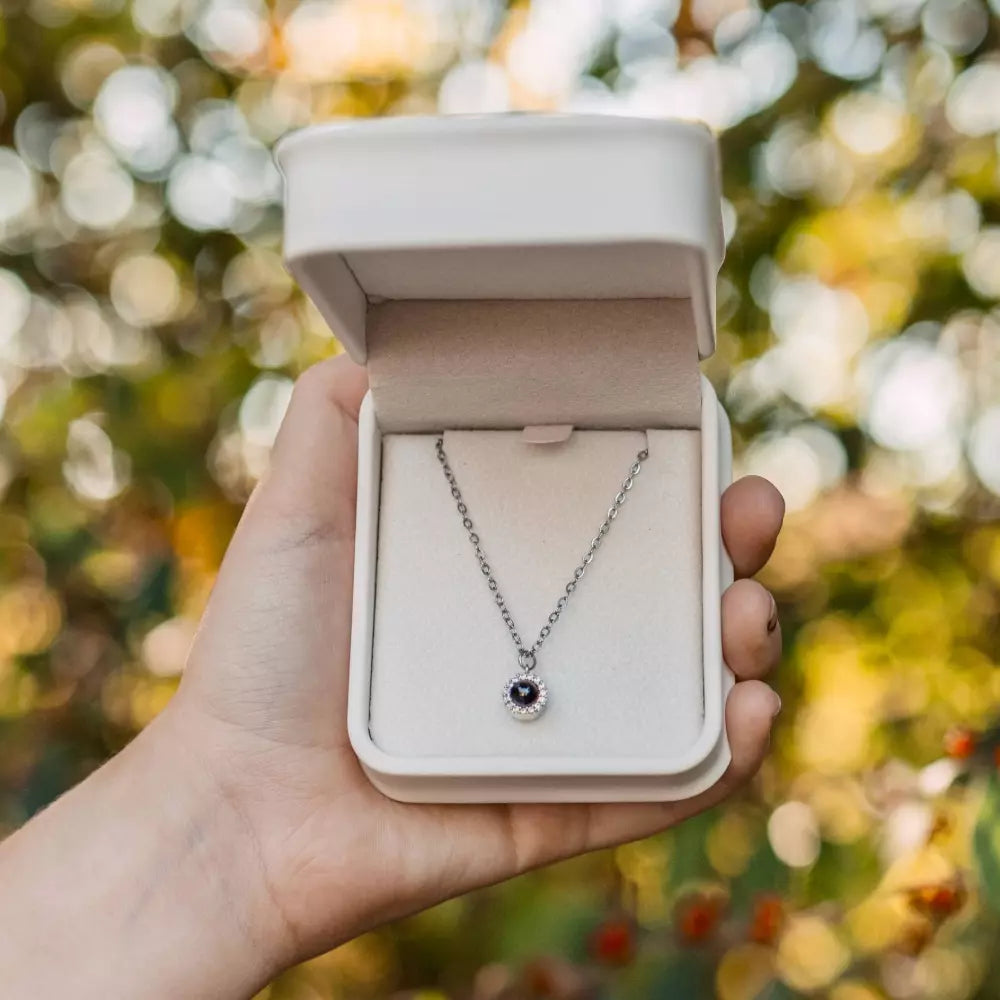
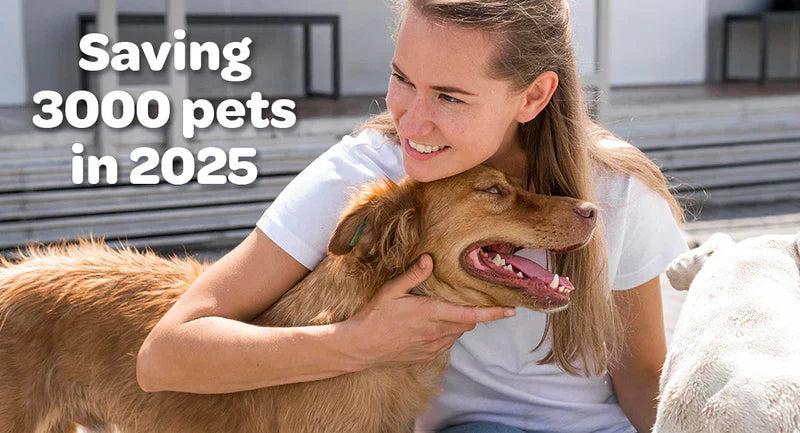
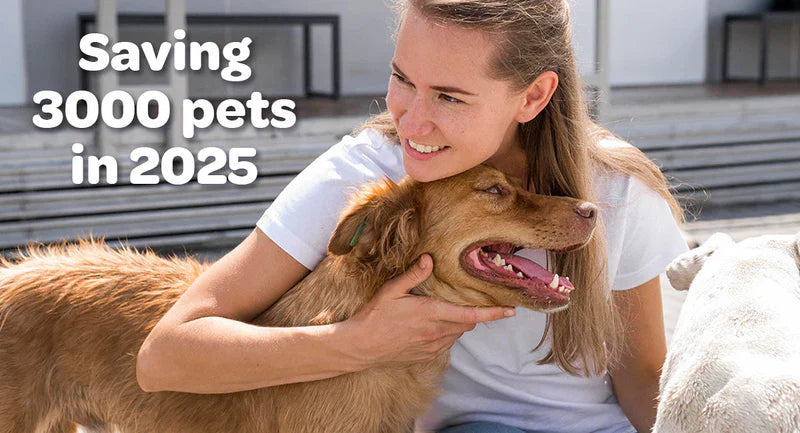
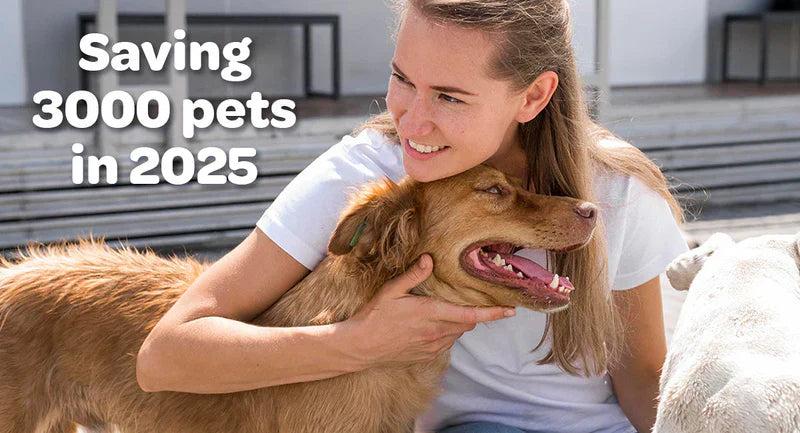
Leave a comment (all fields required)